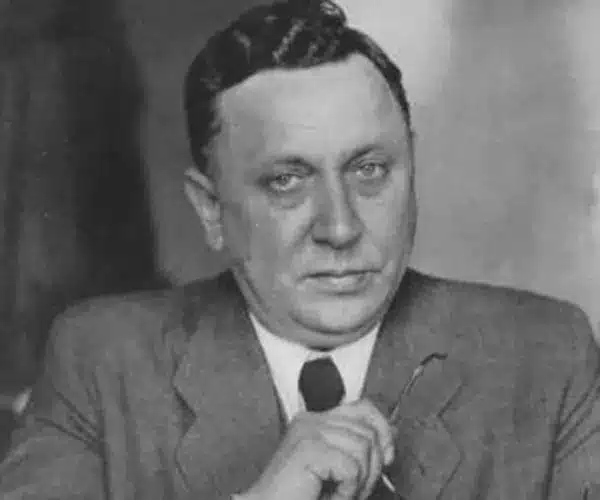Otto Paul Hermann Diels: Chemist and Nobel Laureate Known for the Diels-Alder Reaction

Otto Paul Hermann Diels (23 January 1876 – 7 March 1954) was a German chemist. He received the Nobel Prize in Chemistry in 1950.
Life and Career
He was born on 23 January 1876, in Hamburg, German Empire. He enrolled at the University of Berlin in 1895 to study chemistry and other science subjects. In 1899, he received his doctorate from the University of Berlin. He started as an assistant at the Institute of Chemistry. In 1904, he became a lecturer, and in 1906, he became a professor.
He became a full professor at Berlin University in 1915 after becoming the head of the chemistry department in 1913. In 1914, he became an associate professor at the Chemical Institute at the Royal Friedrich Wilhelm University. In 1916 he moved to Christian Albrecht University of Kiel as a Professor and Director of the Institute of Chemistry. He became an Emeritus Professor in 1945 and a member of the Bavarian Academy of Sciences and the Science Academies in Gottingen and Halle.
He died on 7 March 1954, in Kiel, West Germany.
Major Works
He discovered carbon suboxide, an acidic anhydride form of malonic acid, in 1906. He analyzed the chemical composition and properties of this highly reactive substance. He was able to understand different carbon oxides’ compositions based on their chemical structure.
In his most important work, he synthesized cyclic organic compounds using organic compounds with two carbon-to-carbon double bonds under conditions that revealed the structures of the products. In 1928, he developed this method with Kurt Alder, his student, and it’s called the Diels-Alder reaction. It was especially important for making synthetic rubber and plastics.
Award and Legacy
He was awarded the Adolf von Baeyer Memorial Medal in 1931. In 1950, he received the Nobel Prize along with Kurt Alder for their joint work in developing a method of preparing cyclic organic compounds.
Observer Voice is the one stop site for National, International news, Sports, Editor’s Choice, Art/culture contents, Quotes and much more. We also cover historical contents. Historical contents includes World History, Indian History, and what happened today. The website also covers Entertainment across the India and World.

